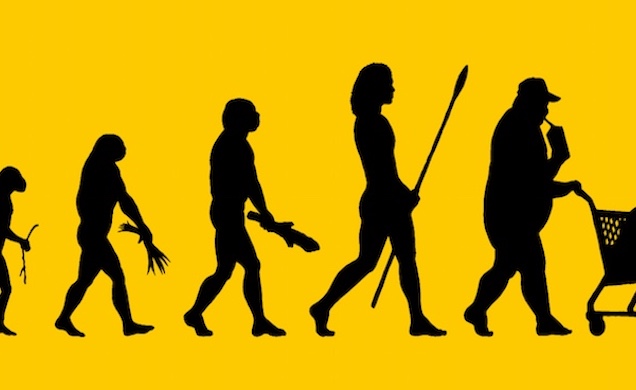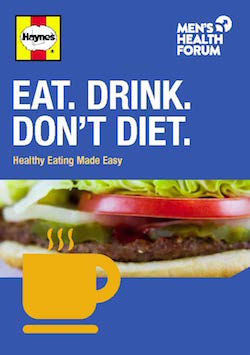John: 'Monitoring my numbers helps me manage'

I was diagnosed 13 years ago. I was overweight. Then I began to lose weight and was passing a lot of water. I do feel I brought diabetes on myself. My diet was terrible. I still remember the night before my diagnosis: I sat down and had two sugary doughnuts and a can of cola as a snack.
I’m managing excellently now with diet, exercise and medication. I minimise sugary and starchy food and I’m currently losing weight, which is what I want to do. Porridge every day. A fair amount of fruit. Natural fats. I like baking and still bake pastries for my family. I just eat a smaller quantity of them. I haven’t lost the love for sugary or fatty foods. It’s just my head telling me not to.
I walk two miles to work and two miles back again. It means I hit my target of 13,500 steps on my app. I am running 10Ks too (I’ve figured out a 10K route around my house). I also do a weekly military bootcamp.
My GP sent me on a diabetes awareness course where they emphasised our blood sugar targets on the HbA1c test (see page 26). I’m an accountant and perhaps it’s a geeky, bloke thing but the numbers are important for me. Following them keeps me in the zone. I monitor my HbA1c closely. I used to do Weight Watchers, I respond to that discipline.
A while back, my practice nurse gave me a good telling off when my sugars started to go up. She threatened to take me off a particularly costly drug that helped to manage my sugars if I didn’t keep my side of the bargain. That sort of message works with me.
So far I’ve had a clean MOT for all the complications but I am acting aggressively now while I am still fit and able. Currently my sugars are at pre-diabetic levels and I want to retain this plateau or even get it better.
My advice to the newly-diagnosed would be not to panic but to be proactive. Talk to your GP. Ask questions. They will help you if you show you want to tackle it.
| This article reflects the experience of the individual. It is not health information from the Men's Health Forum under the terms of the NHS England Information Standard. |
|
The Men’s Health Forum need your support It’s tough for men to ask for help but if you don’t ask when you need it, things generally only get worse. So we’re asking. In the UK, one man in five dies before the age of 65. If we had health policies and services that better reflected the needs of the whole population, it might not be like that. But it is. Policies and services and indeed men have been like this for a long time and they don’t change overnight just because we want them to. It’s true that the UK’s men don’t have it bad compared to some other groups. We’re not asking you to ‘feel sorry’ for men or put them first. We’re talking here about something more complicated, something that falls outside the traditional charity fund-raising model of ‘doing something for those less fortunate than ourselves’. That model raises money but it seldom changes much. We’re talking about changing the way we look at the world. There is nothing inevitable about premature male death. Services accessible to all, a population better informed. These would benefit everyone - rich and poor, young and old, male and female - and that’s what we’re campaigning for. We’re not asking you to look at images of pity, we’re just asking you to look around at the society you live in, at the men you know and at the families with sons, fathers and grandads missing. Here’s our fund-raising page - please chip in if you can. |



